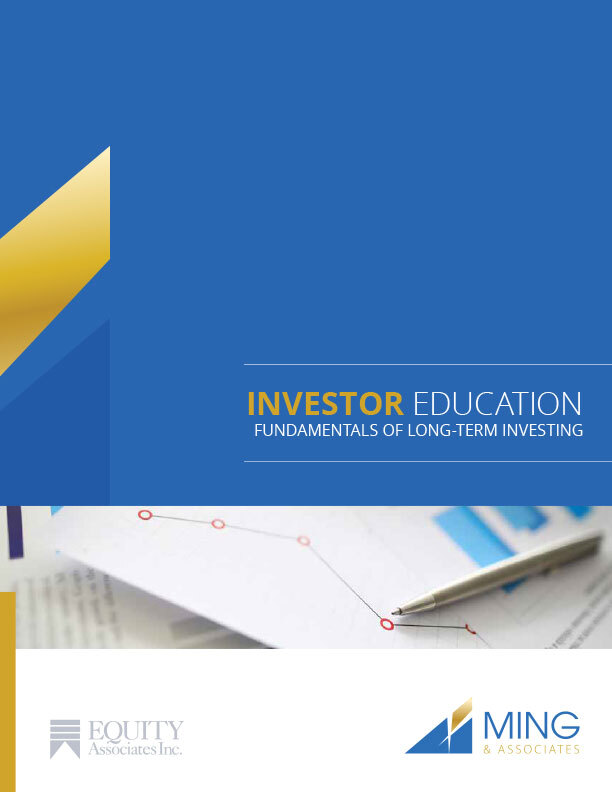The Wall Street Journal had a great article a few weeks ago regarding a training simulation for pension plan trustees. A number of teams competed with one another and at the end of the simulation their results were analyzed to see how they performed. The analysts reviewing the results came to the conclusion that for a number of teams, what they focused on and what they should have focused on were quite often two different things.
What the participants should focus on, research analyst Nick Magnuson said, are the results over longer periods of time, and the information they had about the people, philosophy and processes of the money-management firms the pension plan trustees hired to manage their money. In most cases, it is well proven that long-term performance is “a by-product” of those aspects, Mr. Magnuson explained, while short-term results can be “noisy” and lead people astray rather than help them predict long-term results.
Yet, rather than focusing on the people and processes, the trustees playing the simulation often found it hard to resist a manager on a hot streak; at least 1/3 of the teams would dump a long-term winner in a slump and replace them with a manager going through a three year hot streak. “The ingrained patterns are too hard to break,” says Mr. Gillman, a consultant to the study group.
The key to success is being thoughtful about your decisions and then sticking with them. Participants in these investing simulations, as in the real world, tend to trade too much. After picking their initial portfolio, the winning team made the fewest trades in the group. Sometimes even no trading paid off big. “At a few contests in the past, the teams that selected their initial portfolios and then slipped out of the room to spend their time elsewhere, came back to find themselves the winners” Mr. Gillman says. “The reality is many of the teams would really be better off doing just that.”
Winning by doing nothing should be a big lesson to all investors. Select your managers carefully based on people, philosophy and process and then leave it alone. Assuming the people haven’t left and the philosophy and process are unchanged, that should be simple to do. All too often, however, it is not done.
Remember, financial markets are going to bounce up and down no matter what managers you select. Sometimes markets will be smooth for extended periods; at other times they will be frustrating and turbulent. Again, this will occur regardless of the managers you select. You cannot let your confidence in the process be derailed by the inevitable bumps in the market. There is a fine art to doing nothing. Resisting the urge to tinker once your due diligence is complete actually requires a conscious decision not to intervene at each temptation. It’s harder than it looks—and that’s often the difference between winning and losing in the long run.
